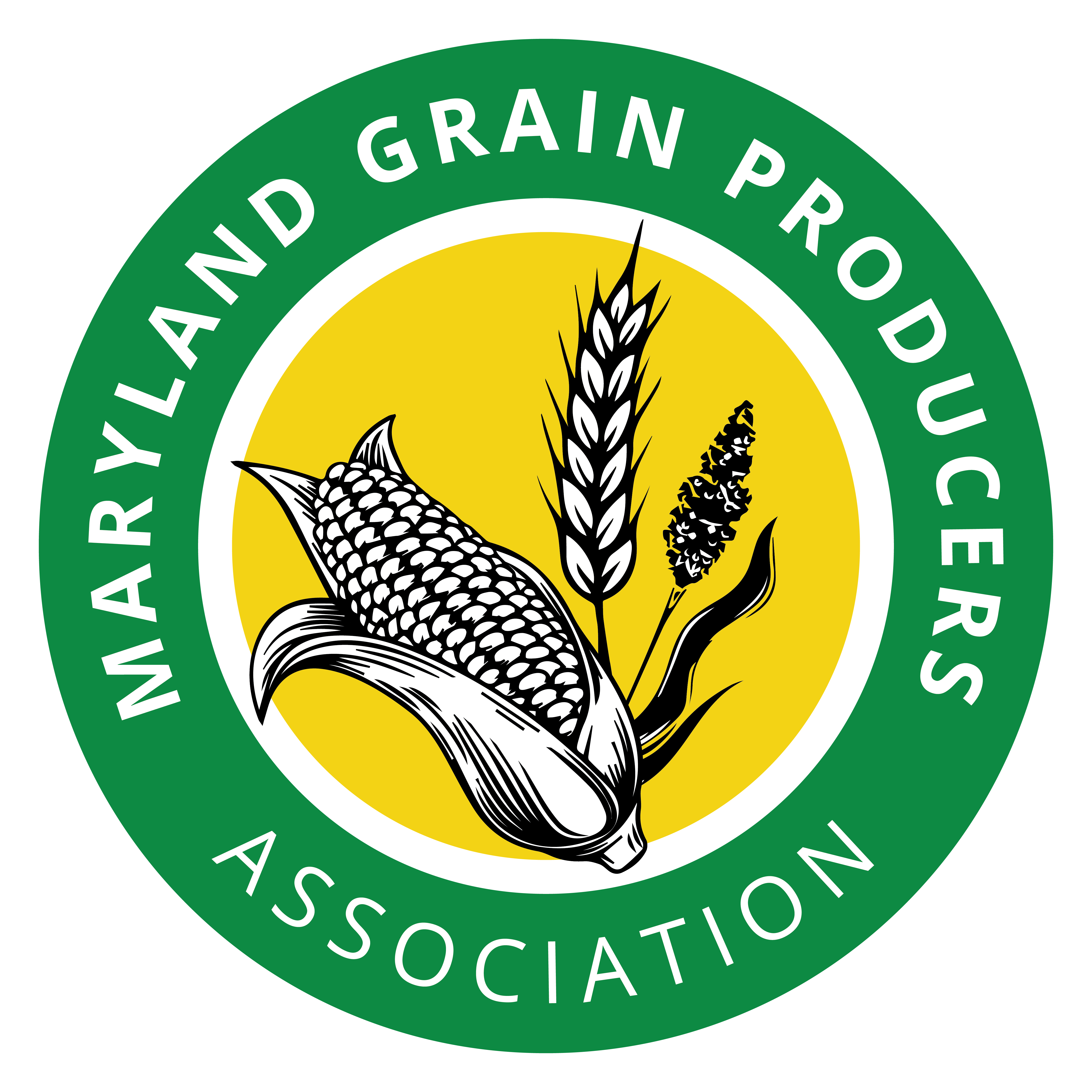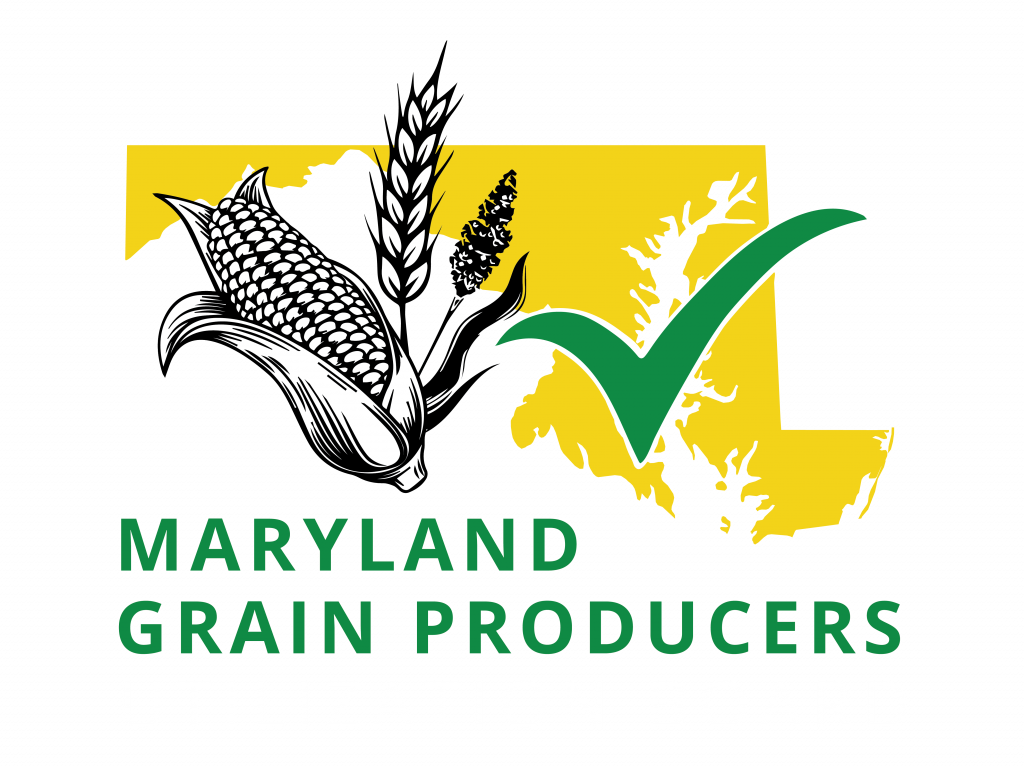Each April 22, thousands of Americans celebrate Earth Day. It’s a moment-in-time for us to think about the changes we each can make to improve the environment, whether that’s volunteering in our local community or implementing small steps in our own households. As a farmer who grows 1,400 acres of corn, soybeans, wheat, barley, and sorghum on land adjacent to the Chesapeake Bay in Maryland, my focus on water, soil, air, and habitat is fundamental to the work I do each day. Unfortunately, because I run a large conventional farm and also use GMO seeds, the broader public does not believe my farm is sustainable.
Keep in mind, the land I farm has been in my family for these generations. I live and farm in one of the most beautiful corners of the United States, and I want to make sure the environment is better for my children who plan to raise food and their families on this same lad. I’m sure my sentiment and focus on sustainability may be met with skepticism – people might think, “You are only one farmer, how can I be sure other conventional farmers also care about the environment?” My answer – the commitment to sustainability is one that is shared by an entire industry.
Take for example that National Corn Growers Association, of which I am president. We have prioritized a goal that by 2020, the number of corn farmers who input data into sustainability through our Good Steward program which annually recognizes a grower who shows a history of innovation in the use of irrigation, cover crops, soil erosion control, nutrient management, and water quality. We’re also partnering with NGOs like the Environmental Defense Fund in its NutrientStar program, which employs independent, science-based reviews that ultimately will give corn farmers assurance that more fertilizer is staying in the field, and out of waterways. These are only a few examples of how an entire industry of farmers is focused on sustainability and continuously improving our work in this arena.
I’m proud to say that I’m a conventional farmer and sustainability is my top priority. It’s not just about the bottom line for me, but ensuring my family, farm, community, and environment are better off than when I started farming more than three decades ago. It’s my responsibility and something I think about every day not just on Earth Day.
By Chip Bowling, a corn, soybean, wheat, barley, and sorghum farmer in Southern Maryland and 2015 to 2017 President of the National Corn Growers Association.


Leave a Reply